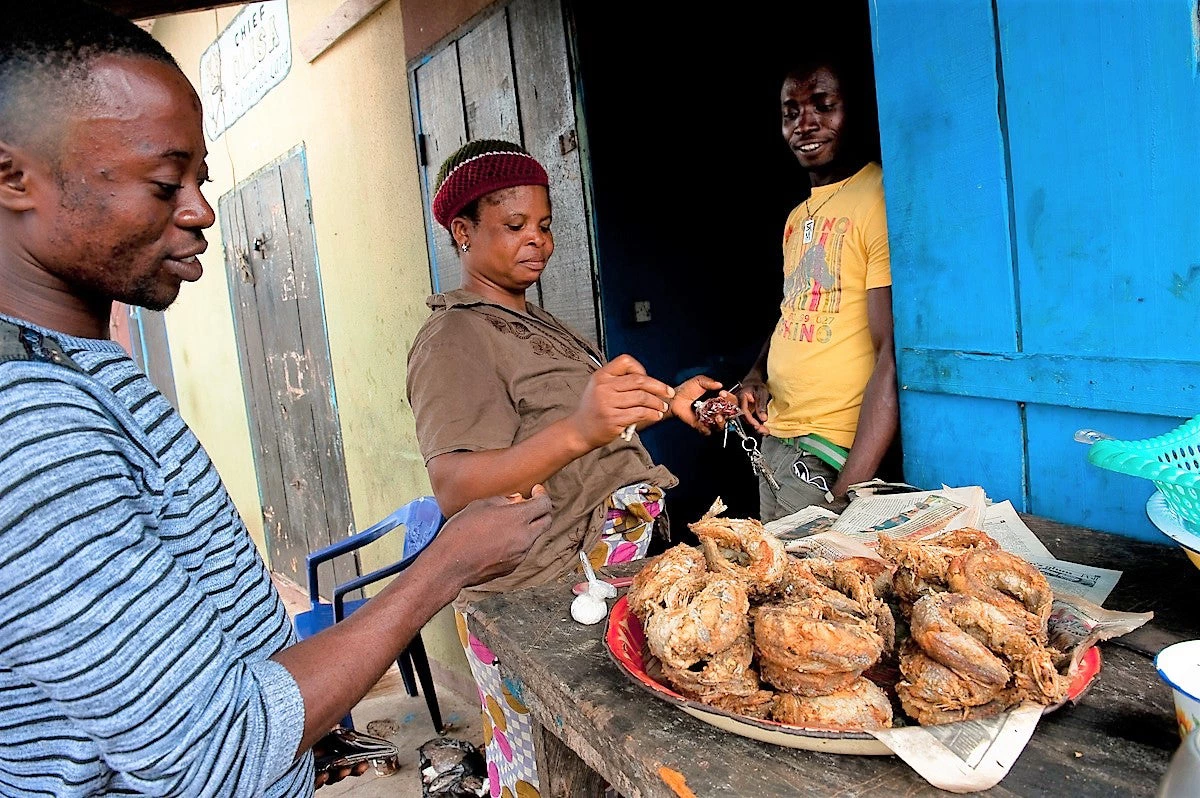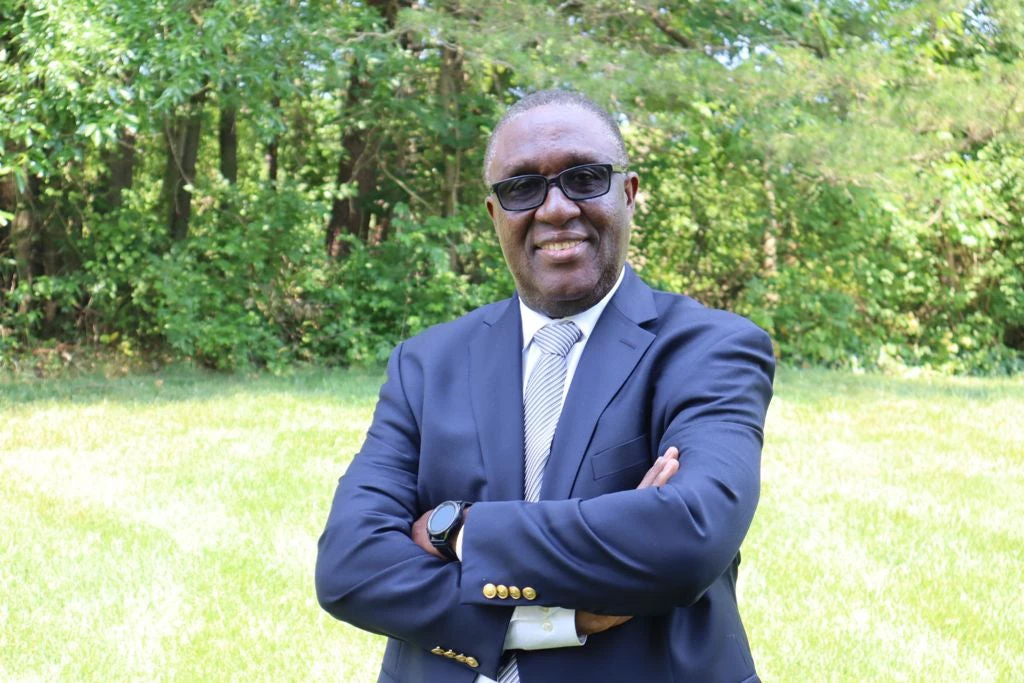 The people in the fishing village of Orimedu (Lagos State) have benefited greatly from Nigeria's Fadama II project. © Arne Hoel/World Bank
The people in the fishing village of Orimedu (Lagos State) have benefited greatly from Nigeria's Fadama II project. © Arne Hoel/World Bank
For me, it’s a day to remember that everyone in the food supply chain has a role to play to make sure that the food we eat is safe. It’s time to shine the spotlight on the debilitating costs of inaction on domestic food safety. Human capital in Africa as elsewhere is dependent on the survival of children to age five, the level of education they attain and whether they are healthy enough for further learning and work. We also know that the majority of those who die from food borne disease (FBD) in Africa are children under five. These costs of FBD are largely hidden, but we cannot eradicate extreme poverty and boost shared prosperity if what’s being consumed by millions of poor and vulnerable is not safe. If it’s not safe, it’s not food!
I was recently in Addis Ababa for the launch of the Global Food Safety Partnership’s (GFSP) report Food Safety in Africa: Past Endeavors and Future Directions. The report’s authors analyzed more than 500 projects and activities in sub-Saharan Africa since 2010 and found that the majority of projects focused on food safety for exports. While exports are crucial for economies, the African continent suffers the world’s worst levels of food safety, causing human capital losses of an estimated $16.7 billion a year in Africa.
I want to emphasize three take-aways from the report. They are:
- Health first: Governments and donors need to prioritize investments to better address the public health of domestic consumers dependent on informal markets. Today, in Africa foodborne illnesses claim an estimated 137,000 lives a year, according to figures from the World Health Organization (WHO). Globally, foodborne disease has a public health burden similar to malaria, HIV/AIDS and tuberculosis.
- Risk-based: Build capacity for well governed, evidence-and risk-based food safety systems.
- Market-led: Empower consumers and the private sector with information and responsibility so that they can demand and contribute to safer food.
Today we are producing and consuming more food than ever before. Yet unsafe food is killing us. Let us not forget that food safety is a pre-condition for food security. It is linked, directly or indirectly, to the achievement of many of the Sustainable Development Goals (SDGs), especially those pertaining to ending hunger and poverty, and promoting good health and well-being. Food and nutritional security are realized only when essential elements of a healthy diet are safe to eat.
Safe food is also vital to the growth and transformation of agriculture needed to feed a growing and more prosperous world population, the modernization of national food systems, and a country’s favorable integration into regional and international markets.
At the “Food Safety in Africa” launch, participants agreed we need more data to focus the conversation on practical solutions. But we know enough to understand the urgency of action.
Africa is not alone in facing this food safety challenge. According to “The Safe Food Imperative” published by the World Bank last fall, productivity losses are also astronomical at a global level: losses associated with foodborne disease in low and middle-income countries is estimated to cost $95.2 billion per year, and the annual cost of treating foodborne illnesses is estimated at $15 billion. Overall, the public health and domestic economic costs of unsafe food are 20 times the trade related costs for developing countries.
It's time to invest more to alleviate the public health consequences of food borne illness for domestic consumers everywhere. Food safety is a shared responsibility.



Join the Conversation